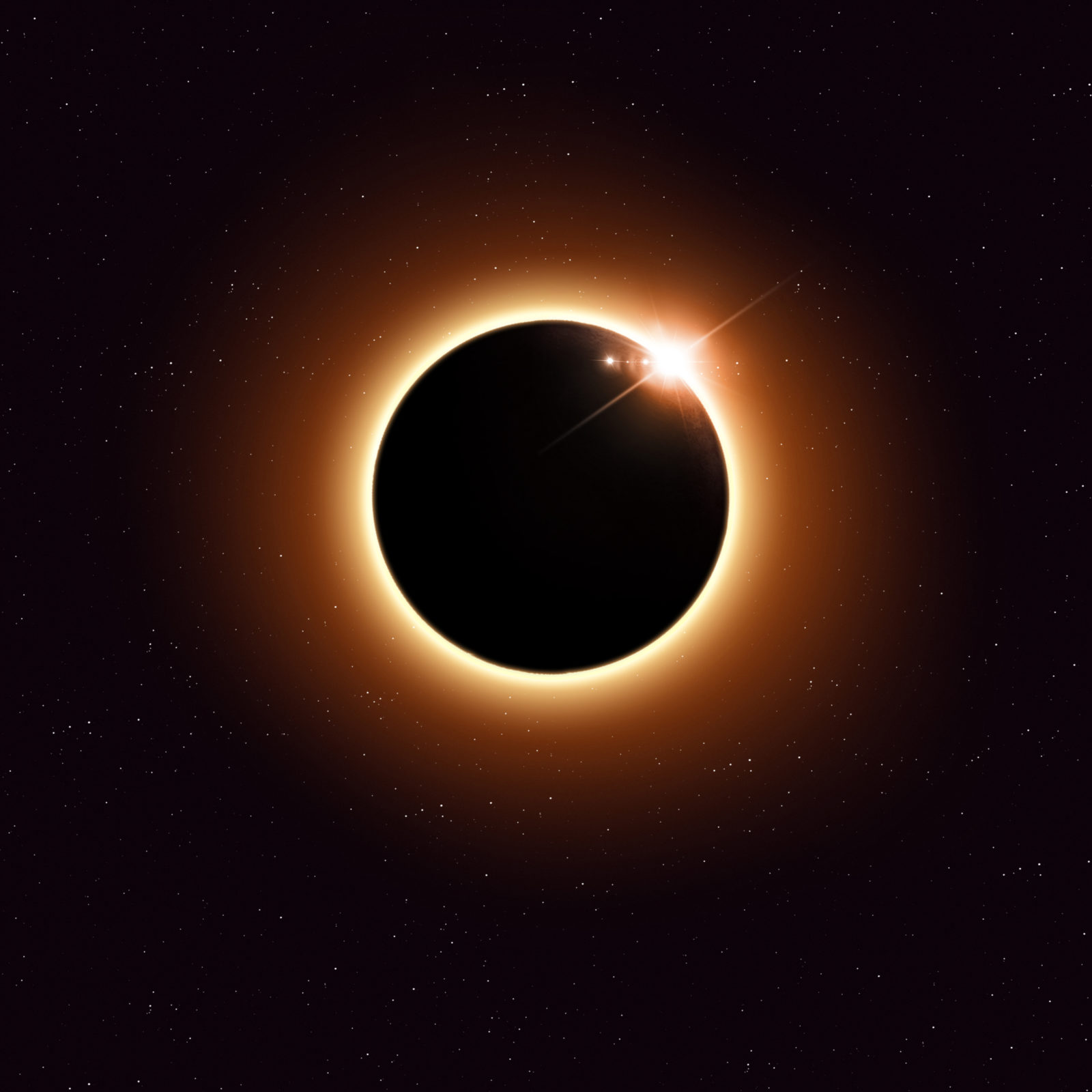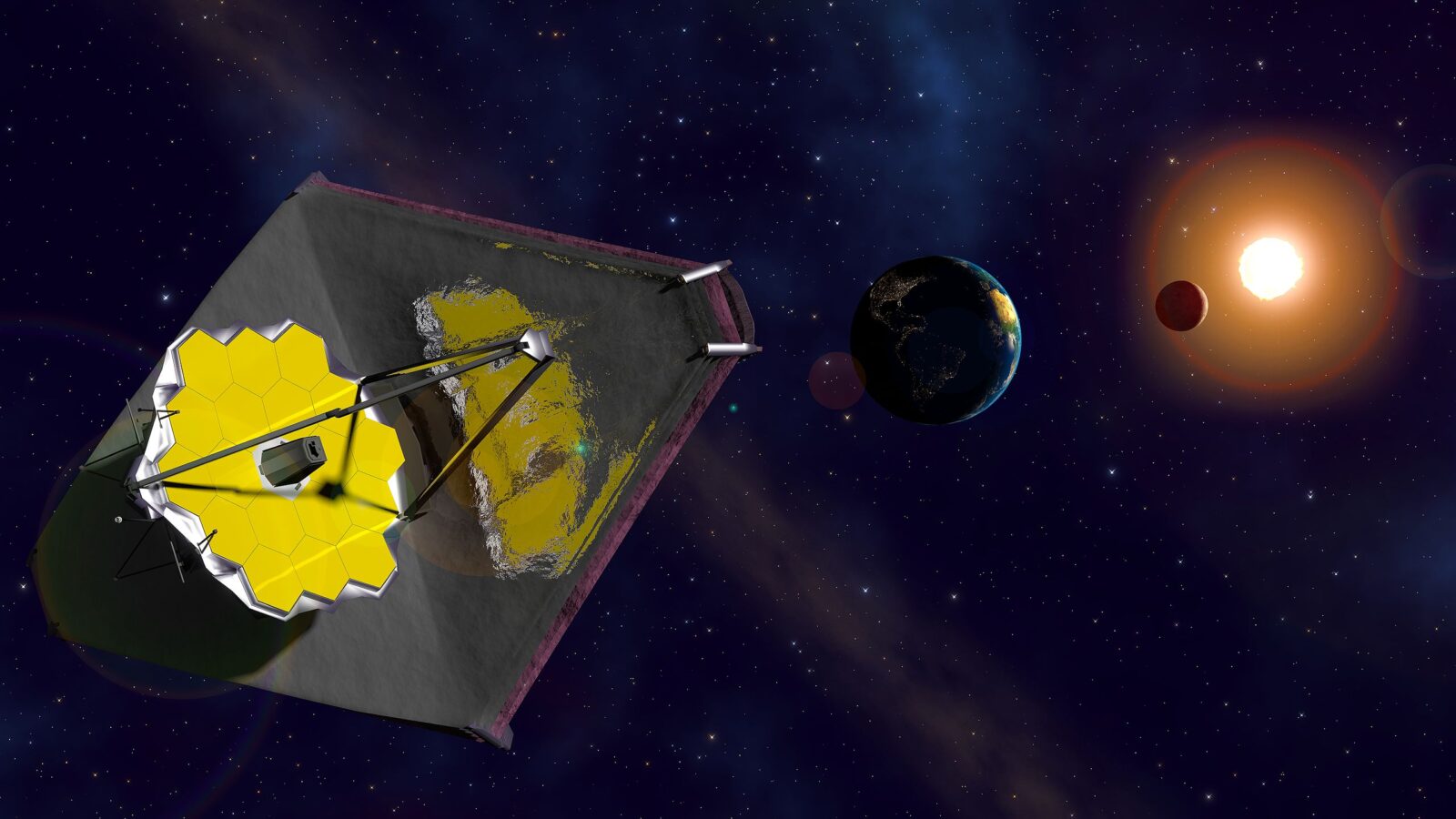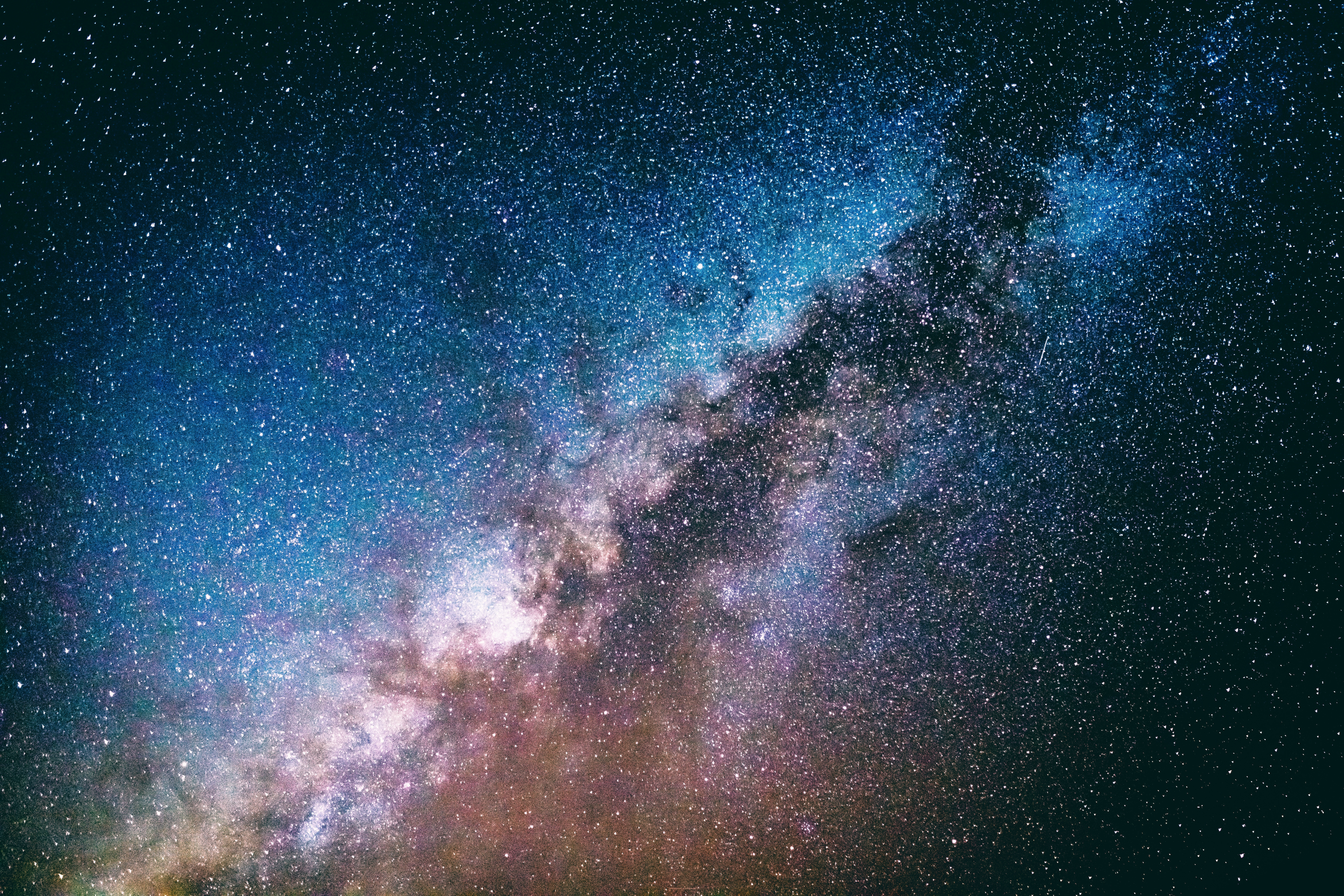


Bijan Nemati on What the James Webb Telescope May Discover

Is There Merit for ID in Cosmology, Physics, and Astronomy?
Although much of the public controversy over intelligent design has centered on biology and Darwinian evolution, the evidence for intelligent design goes far beyond biology. There’s especially intriguing evidence of design in cosmology, physics, and astronomy. To say that ID has merit in cosmology and physics, I mean that there is positive evidence for ID in those parts of nature Read More ›
Physics and astronomy professor will use telescope attachment to find planets
Moon May Hold Secrets of Early Earth
Original Article Ames, Ia. – An Iowa State University professor wants astronauts to go back to the moon. He says the world could be surprised by what’s there – 4 billion-year-old remnants of Earth, Mars and Venus that could redefine the history of the solar system and mankind. “There is a chance to get our hands on new, empirical evidence Read More ›
Lunar Surface May Hold Evidence that Asteroids Crashed into Earth
Go to: http://sfgate.com/cgi-bin/article.cgi?file=/chronicle/archive/2002/04/22/MN108065.DTL
Death stars
This article, published by New Scientist, mentions Discovery Institute Center for Science & Culture Senior Fellow Guillermo Gonzalez: Guillermo Gonzalez, an astronomer at the University of Washington in Seattle, was intrigued to discover three years ago that 51 Pegasi, the first star other than the Sun that astronomers found to have a planet, had lots of heavy elements in its Read More ›